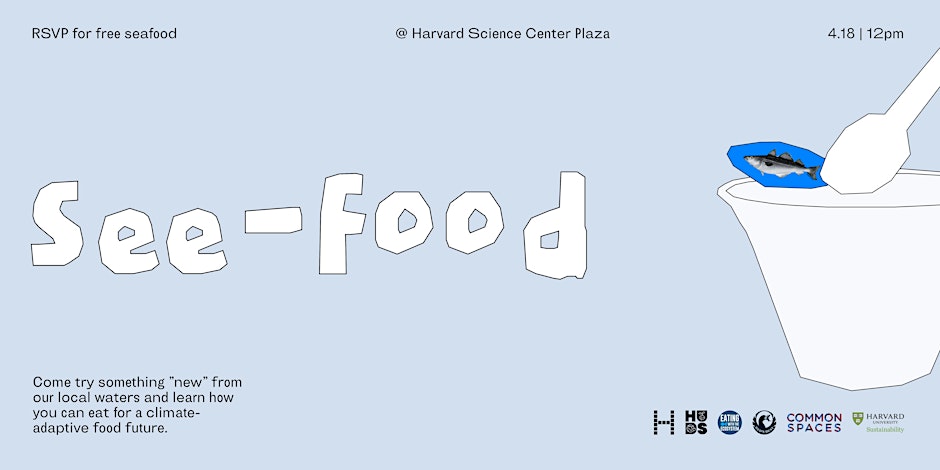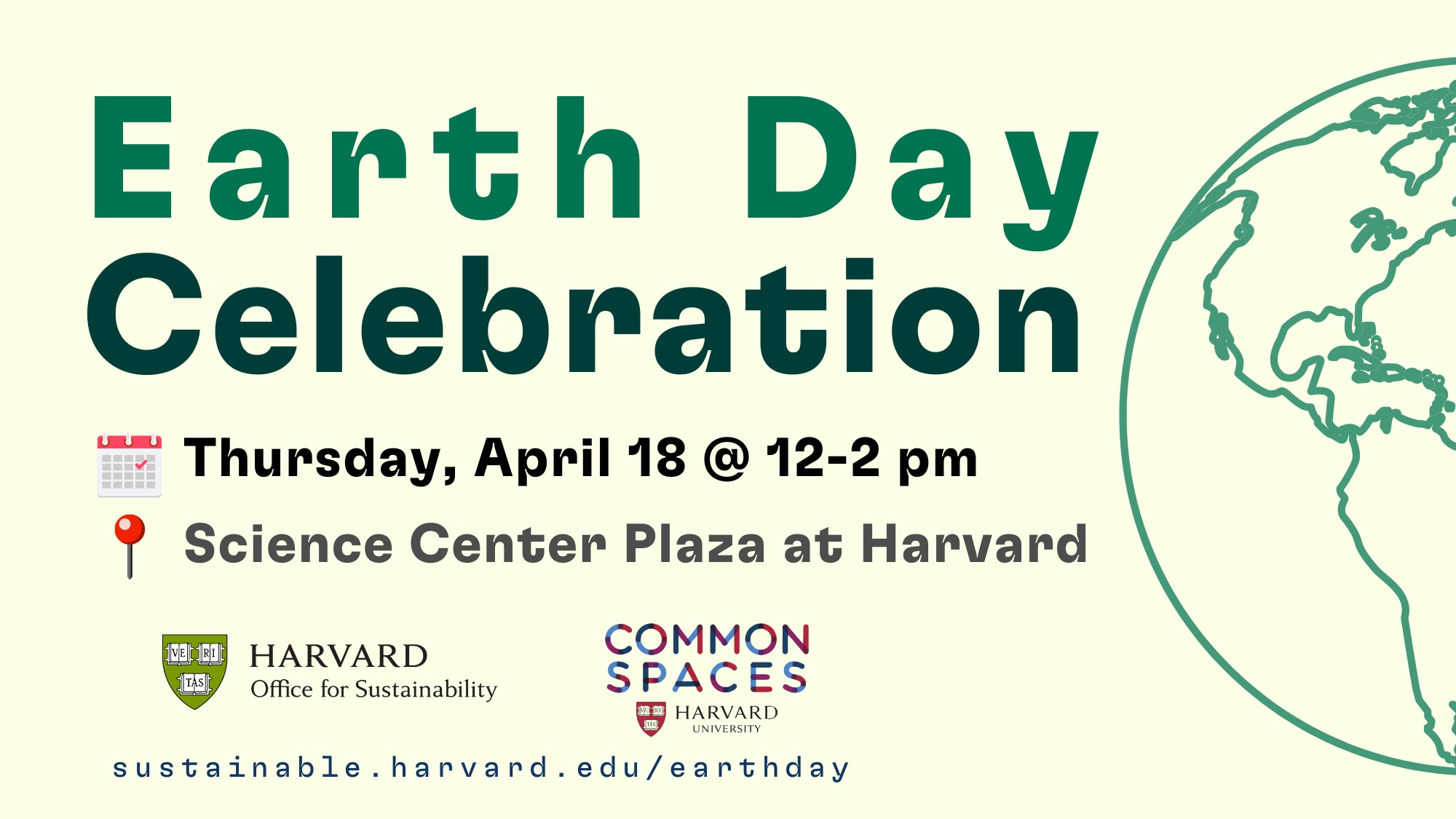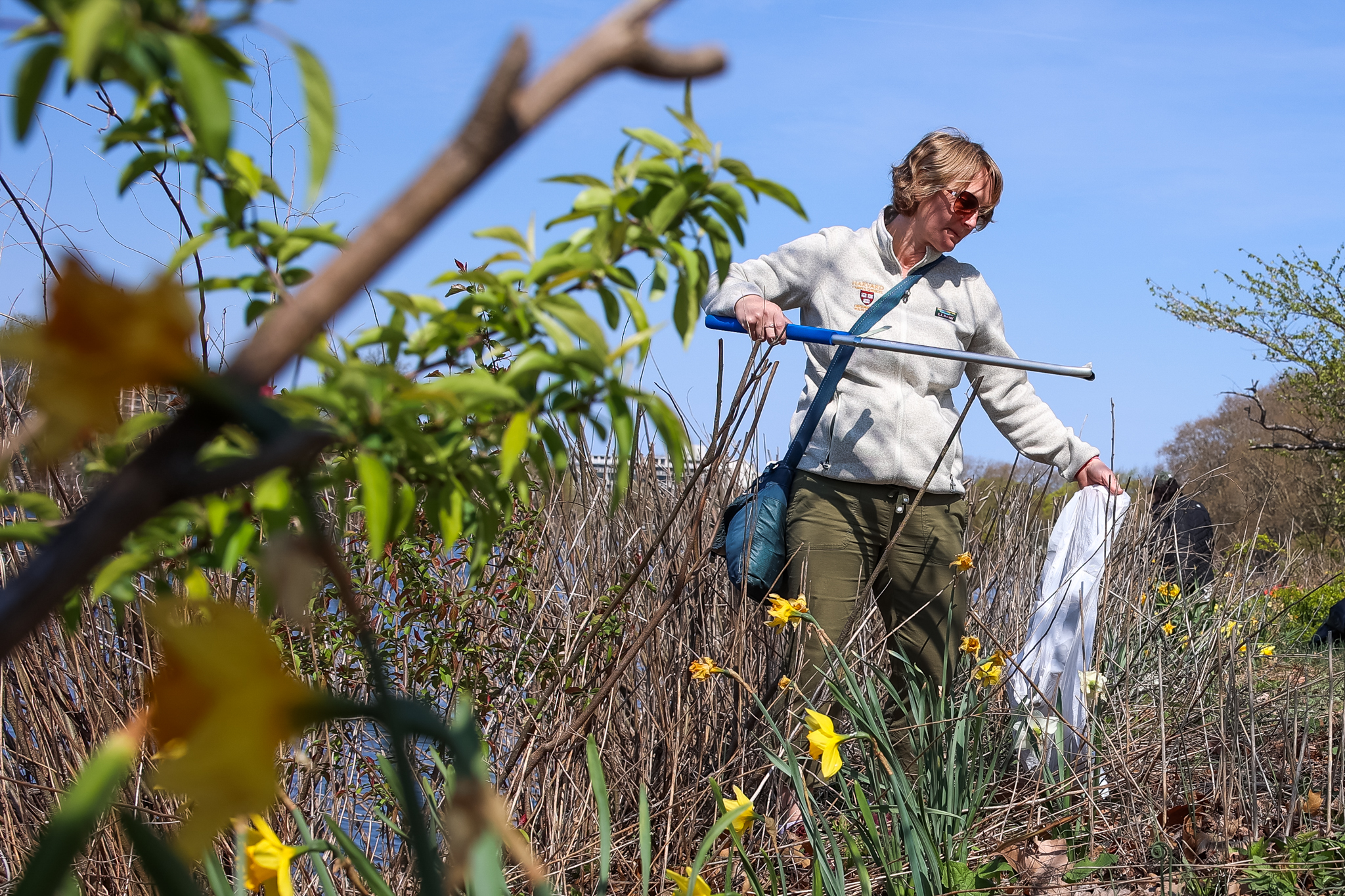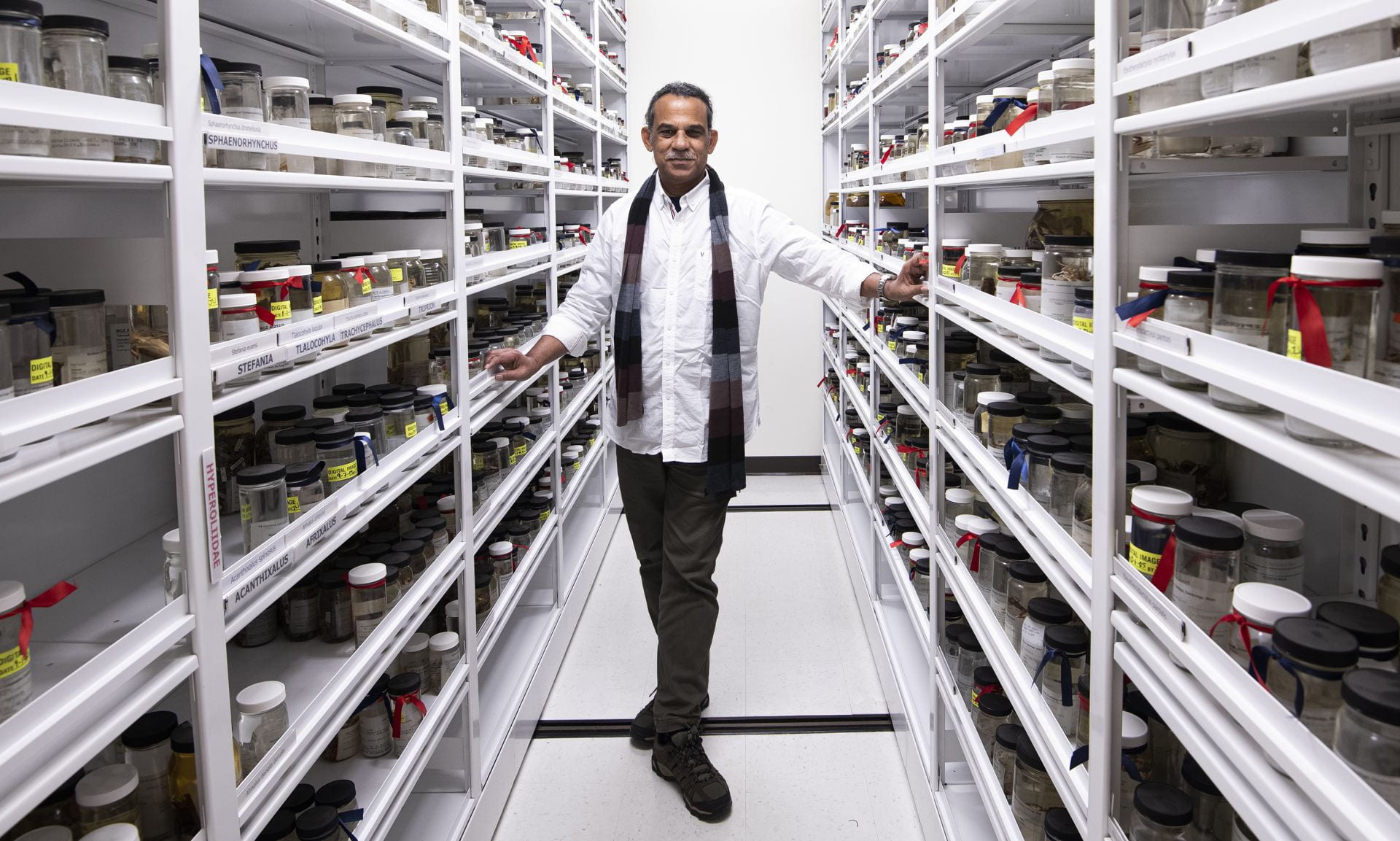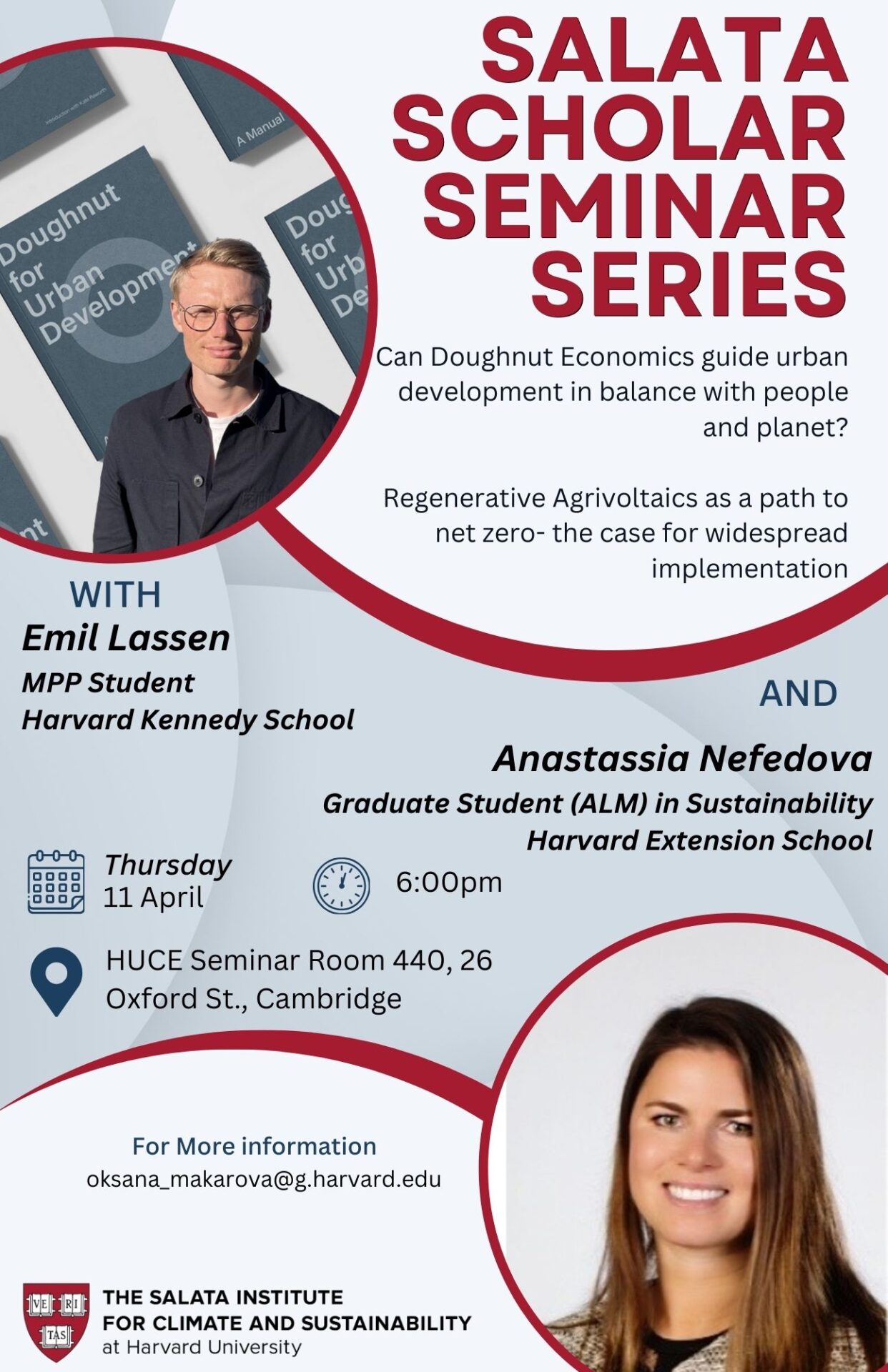
9th Salata Scholar Seminar Series
HUCE Seminar Room 440 26 Oxford Street, Cambridge, MA, United States🌟 Save the Date! You're invited to the 9th Salata Scholar Seminar Series! 📚 📅 Date: April 11, Thursday 🕕 Time: 6:00 PM 📍 Location: Harvard University Center for the Environment (HUCE) 🎙️ Featured Presenters: 1. Emil Lassen: "Can Doughnut Economics Guide Urban Development in Balance with People and Planet?" - Summary: Emil will introduce how the Doughnut Economics model can guide urban development toward sustainability. Learn about setting absolute targets for sustainability using planetary boundaries science. - Bio: Emil Bender Lassen is a Master in Public Policy student at HKS. Co-founder of the sustainable urban development company Home.Earth. Co-author of “The Doughnut for Urban Development: A Manual” published in 2023 alongside Kate Raworth (Oxford University) and researchers from Stockholm Resilience Centre. 2. Anastassia Nefedova: "Regenerative Agrivoltaics as a path to net zero- the case for widespread implementation" - Summary: Discover the potential of agrivoltaics in addressing renewable energy transition and food security, looking at the recent advances and challenges in implementing this dual-use approach. - Bio: Anastassia Nefedova is Graduate Student (ALM) in Sustainability at the Harvard Extension School conducting research on the role of regenerative agriculture and agrivoltaics as mechanisms for decarbonization. She's the founder of a climate tech venture - Regenerate, working on on-shore regenerative agrivoltaics implementations which is currently incubated at the Harvard Innovation Lab. 🍃 Refreshments will be provided.


